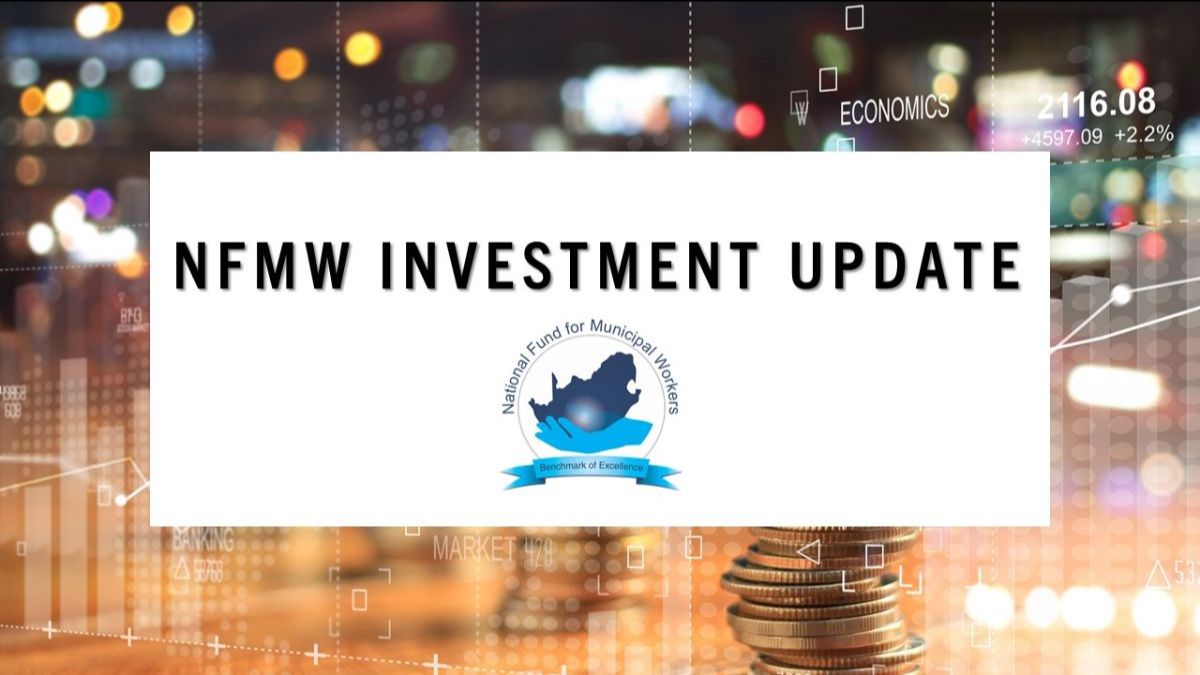
The Impact of The Ukraine/Russia Conflict on Investments
Investment perspectives on the Ukraine/Russia conflict
Financial markets appear to be less concerned about the impact on asset prices and, barring direct investments in Russian companies which have suffered large losses, investors seem to be unsure how to price the risk into the share prices of global companies. This is understandable, as a wide range of possible outcomes needs to be considered. No one knows what the extent, duration or severity of the conflict, or of the related sanctions will ultimately be.
Market reaction thus far
As expected in times of turmoil, we experienced an initial negative global market reaction as global equities and bonds weakened, and investors turned to traditional safe-haven assets like gold.
Locally, the rand depreciated against the major global currencies, but not nearly as much as during previous crises like the start of the Coronavirus pandemic in 2020 or the Global Financial Crisis in 2008. Our bond market only weakened slightly which we believe reflects the limited impact the conflict is expected to have on South African finances. The US government bond market also experienced little movement as the inflation and interest rate narrative continues to dominate the US economic narrative.
The biggest impact of the conflict thus far has been on commodity prices. The price of gold and other precious metals like platinum rose sharply together with oil and gas prices as supply concerns drove prices higher. As a result, the South African equity market posted strong returns in February on the back of good returns from the resources sector, led by gold, precious metals and energy stocks.
Longer-term impact
Supply uncertainties and the effect of sanctions imposed on Russia remain unclear but are likely to have a longer-term impact on energy prices. The Russian economy represents only 2% of the global economy but does have a significant influence on global commodity markets, particularly the supply of oil and gas. Europe remains dependent on Russian gas and oil supplies, which have not yet been sanctioned to a very large extent.
If Russian oil and/or gas supplies are excluded from global supply chains for an extended period, the world could experience a larger and longer-term impact on inflation than previously forecast.
This remains the primary risk for investors and the global economy at this stage. If sustained, the effect on energy prices will ultimately feed through into higher headline inflation rates which may result in higher interest rates. In general, higher interest rates create headwinds for equity, bond and property markets.
Manager and portfolio performance
The Fund’s domestic equity managers, especially those with resources exposure, performed well in February as the share prices of resource companies rallied over 10%. Local bonds also performed well despite slightly higher bond yields and this asset class remains attractive from a yield perspective. The Fund’s global investments performed relatively poorly as the global equity funds have little exposure to resources companies. Many of the global managers have a large exposure to global technology companies which have suffered losses, as investors liquidated their positions in favour of safe-haven assets like cash and gold. The direct impact on the global assets from Russian exposure has been limited with only two managers having relatively small exposure to Russian stocks.
Mr Leslie Ndawana
Principal Executive Officer.
NFMW Portfolio Returns
The good news is that the portfolio returns reflect their well-diversified investment structures which means that members are (and remain) well protected against severe market movements.
Although we experienced severe volatility in the equity market throughout the month, all portfolios ended the month with positive returns thanks to good returns from the domestic managers.

The table below shows the portfolio returns up to 28 February 2022.
| 1 Month | 1 Year | 3 Years | 5 Years | 10 Years | Since Inception | |
|---|---|---|---|---|---|---|
| Capital Protector | 0,4% | 4,9% | 5,9% | 6,8% | 6,4% | 7,0% |
| Stable Growth | 1,2% | 14,8% | 8,8% | 7,9% | 8,2% | 8,2% |
| Capital Growth | 0,5% | 13,5% | 9,7% | 8,5% | 10,1% | 9,8% |
| Aggressive Growth | 0,4% | 13,0% | 10,2% | 8,5% | 10,5% | 10,6% |
| Shari’ah Portfolio | 2,5% | 18,4% | 13,9% | 10,5% | n/a | 8,7% |
| CPI Inflation | 0,2% | 5,7% | 4,5% | 4,3% | 5,0% | 5,4% |
Over the longer term, all portfolios have achieved their respective investment objectives, and we expect this to remain the case over time.
All investments of the NFMW are governed by a set Investment Policy Statement. All investment portfolios have a long-term investment strategy with investment objectives to outperform inflation by a certain percentage per annum (after fees). To achieve these objectives, the assets of the various portfolios are invested in accordance with their respective long term investment strategies across various asset classes including local equities, bonds, cash, listed property, alternative assets and international assets.
Portfolio considerations and summary
As expected, South Africa’s financial markets have not been able to escape the shorter-term impact and volatility as global investors reacted to the conflict in Eastern Europe. South Africa will also not be able to avoid longer term ramifications of possible higher oil prices and other supply chain shortages which may or may not materialise as a direct consequence of the war in Ukraine.
We do, however, believe that it is too early to determine what the longer-term impact might be on company earnings, or on global and local growth and inflation, keeping in mind that company valuations and investment opportunities are mostly not dependent on the situation in Ukraine.
However, we also fully understand that in times like these, volatility and performance can be worrisome for members, but we would like to remind members that it remains of utmost importance to focus on longer-term return prospects and investment strategies, as short-term volatility and any reaction thereto could easily result in incorrect investment decisions.


 Cookie Notice
Cookie Notice Cookie settings
Cookie settings